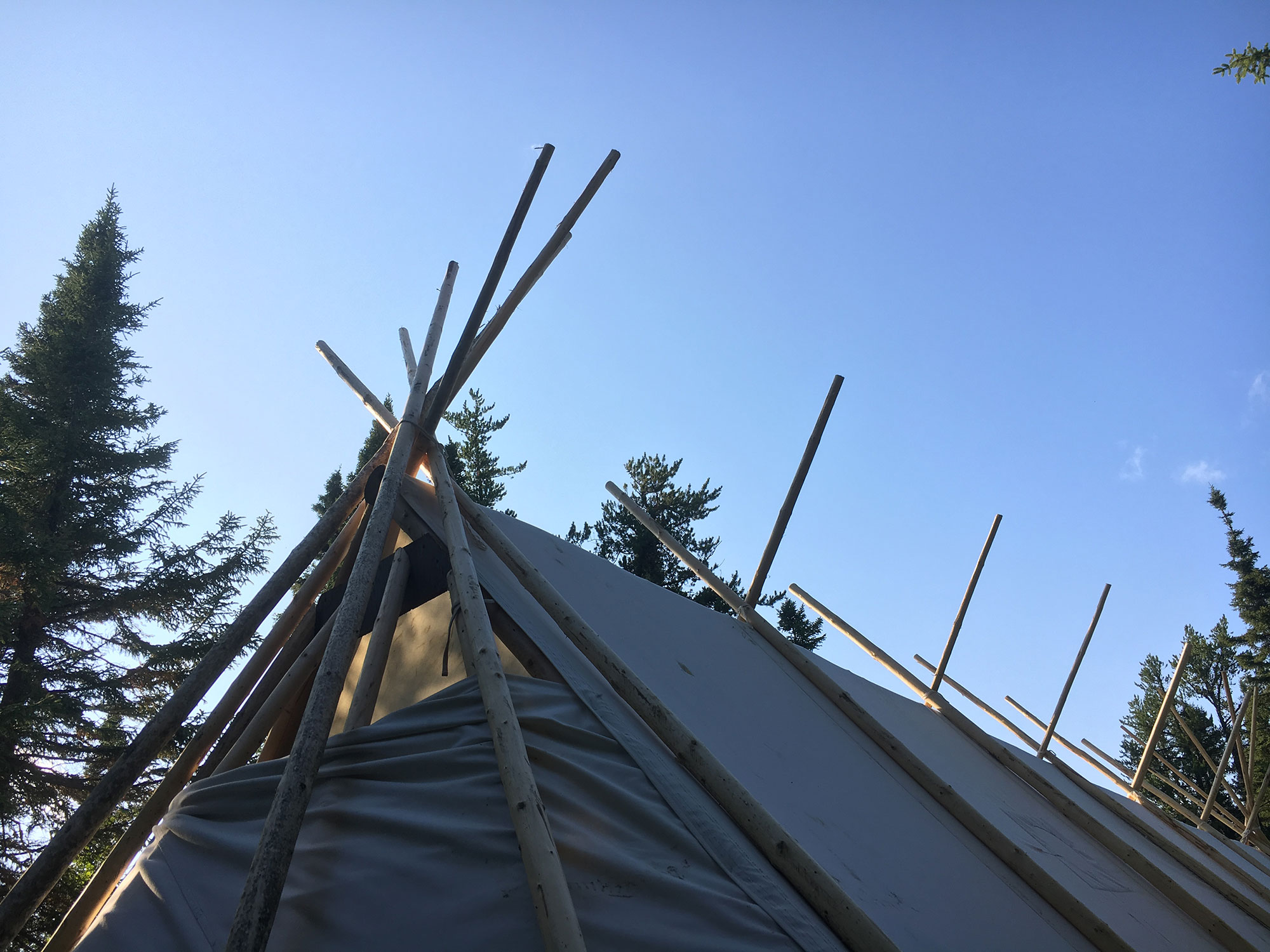The voice for Quebec's natural environments
The Canadian Parks and Wilderness Society (CPAWS Quebec) is a non-profit organization dedicated to the protection of nature.
We’re working to create a network of protected areas across the province that will ensure the long-term protection of the boreal forest, the Far North, the St. Lawrence and the ecosystems that support our threatened species. We also work to ensure that existing protected areas are well managed.
Our vision is that half of Quebec's territory be protected and dedicated to the protection of nature.
Founded in 2001, CPAWS Quebec draws on a Canadian network that has been active since 1963, with a national office in Ottawa and 13 chapters from coast to coast. CPAWS Quebec has contributed to the creation of over 120 000 km² of protected areas in Quebec, such as Tursujuq National Park. Today, CPAWS Quebec has over 35 000 supporters, 200 volunteers and 16 staff dedicated to our mission of conserving nature.
A group offering solutions
CPAWS Quebec has positioned itself as a solutions-focused group that bases its recommendations on the best available scientific data.
Our work method is as collaborative as possible: we work closely with governments, First Nations and Inuit, industry stakeholders and local communities across Quebec.
CPAWS Quebec is striving to meet the international targets of 30% terrestrial and 30% marine protected areas by 2030.
In December 2020, we welcomed the Quebec government's achieving the target of 17% terrestrial protection. Quebec now ranks first in the country for absolute protected area, with over 257 000 km2 protected in total.
An advocate for Indigenous conservation and reconciliation


CPAWS Quebec works in the spirit of reconciliation (including implementation), while pursuing its conservation objectives, and it helps strengthen the understanding and appreciation of Indigenous knowledge systems, worldviews and rights. Thus, CPAWS Quebec
- recognizes and respects that Indigenous peoples have sacred ties to their territories;
- recognizes and respects the existence and validity of Indigenous knowledge systems and law in addition to Western science;
- recognizes and respects the diversity of governance systems that Indigenous peoples have in different regions.

